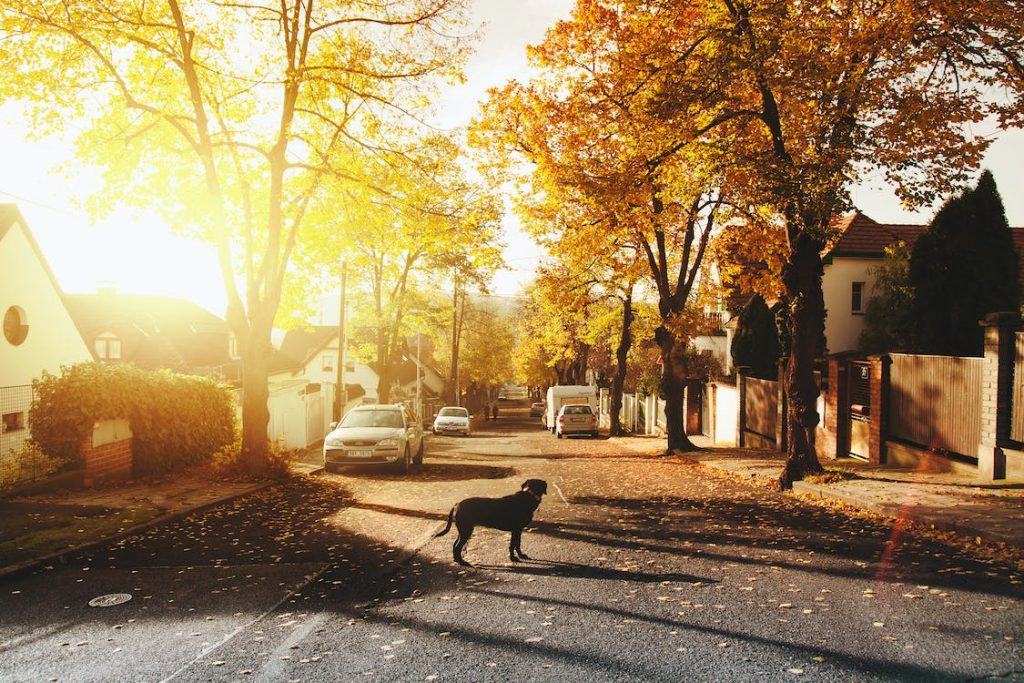
Moving soon or already did? When looking for a new place to live, it’s important to consider the area’s safety. You can do this by checking the crime rate, talking to locals, and looking for red flags in the neighborhood.
The crime rate is a good place to start when you’re researching a new area. You can find this information online or at the police department. If you’re moving to a new city, it’s also a good idea to talk to locals about safety. They likely know the area well and can tell you about any areas to avoid.
When looking at potential neighborhoods, be sure to look for red flags that could indicate safety issues. These can include many abandoned buildings, lots of graffiti, and boarded-up windows. If you see any of these, it’s best to avoid the area. The good news is that city profile data and crime reports are elementary to access today. All you need is some time and a reliable internet connection.
This article presents some sources of important information on safety and crime in your new neighborhood to help you and your family stay safe.
When to do a Background Check?
You might be thinking: should I run a background check on a new neighbor? Isn’t that too much? It could be reasonable in the following situations:

| 1. Inexplicable behavior 2. They avoid other neighbors, including you 3. You feel like they’re following you 4. You’ll need a favor from them, ex. gardening or babysitting 5. Many visitors or traffic to their homes at night 6. Your spouse or kids complained about them |
How to do a Background Check
You might be concerned they’re doing something illegal if you’ve already moved. If the police have caught them, they will have a criminal record. You’re entitled to search for it as it’s not private. Checking for a criminal history is different from checking someone’s credit history or identity, for which you need consent.
To find a criminal record, go to your state’s court website. You’ll be able to do an online search of court cases by name. If the person you’re searching for has been arrested, their name will appear in the results with basic information about the crime.
You can also look up sex offenders in your area on the Family Watchdog website. It’s important to remember that even if someone doesn’t have a criminal record, that doesn’t mean they’re not dangerous.
If you want to learn more about someone’s background, you can hire a private investigator or look up the person’s name on Google. You might find their social media accounts, which can give you some clues about their character. You can also contact specialized providers and public records to check for an individual’s history.
If you’re planning to move, you’d want to gauge the overall safety of the neighborhood.

Here are some tools to do that:
1. AreaVibes
AreaVibes explores aspects of individual communities and cities, ranking them by “Livability” from zero to 100. The site looks at the crime rate, housing market, weather, amenities, schools, and the cost of living.
To check your new city’s score, enter a zip code, the neighborhood, or an exact address. You can find specific information on communities in the Neighborhoods section of each city. The site also generates neighborhood crime reports. They will include general crime statistics, such as the neighborhood’s total crime rate and how it measures against the state and the national average.
2. Information.com
Information.com may still be a little-known search engine, but it has been soaring to prominence. It has a rich database of information, and all you need to search for info about your neighbor is their name and address. You’ll get more information about them, but the platform goes beyond that.
It helps with researching products you’ll need for your home in your new neighborhood, like a home security camera. It reviews services from multiple online marketplaces to gather relevant information for your convenience.
3. Moving.com
This site’s City Profile Reports is a free tool that delves into aspects of living like the quality of the educational institutions in the area, city statistics, climate, cost of living, and other data.
It generates reports using employment data of the Labor Bureau by occupation and industry, US Census Bureau predictions and estimates, statistics of the IRS on tax filers and migration from year to year, weather information from the National Oceanic and Atmospheric Administration, and crime data from the FBI, municipalities, and local police departments.
4. Nextdoor
If you’ve moved, join your neighborhood’s Nextdoor group. It’s a free, private network for communities and neighborhoods and lets neighbors meet and get to know each other. It has forums to discuss local news, safety, crime, local recommendations, and classifieds.
Members of the group will report any burglary or theft experienced or seen in the neighborhood on the local website. If you haven’t moved yet, but are only planning to, you won’t be able to join the group. There’s a way around this.
You might know someone who lives in that neighborhood and could ask them to take a look at the group’s reports on crime and safety.
5. Neighborhood Scout
When you enter the name of a city or an address there in Neighborhood Scout, the website will take you to a neighborhood map with information on transport, school ratings, real estate trends, demographics, neighbors, and unique features, if any. You need a paid membership for more in-depth crime data, which includes:
- Crimes per square mile
- Violent crime rate chart
- Neighborhood property crimes per annum
- Property crime rate chart
Neighborhood Scout also lists the safest and the most dangerous cities in the US.
6. SpotCrime
This website aggregates crime data on a city and county basis and emails you crime alerts. It uses information from local users, news reports, and local police departments. It includes reports of arson, shooting, arrests, assault, robbery, burglary, theft, vandalism, etc. You can set up a free account and customize it to get alerts for the crimes you’re interested in and the areas you want to be notified about.
7. Crime Reports
This website provides information by accepting crime tips from locals and forwarding them to the local law enforcement agency. People register their security cameras on the site to prevent crime. Enter the address to register for online alerts and press the “Create an Alert” button. You can select the incident types you want and the frequency of the signals.
So there you have it! These are some of the best ways to research crime rates in your new neighborhood. By using these tools, you can be sure that you and your family are moving to a safe and secure area.
Do you have any other tips for researching crime rates in a new area? Let us know in the comments below!
Additionals:




























